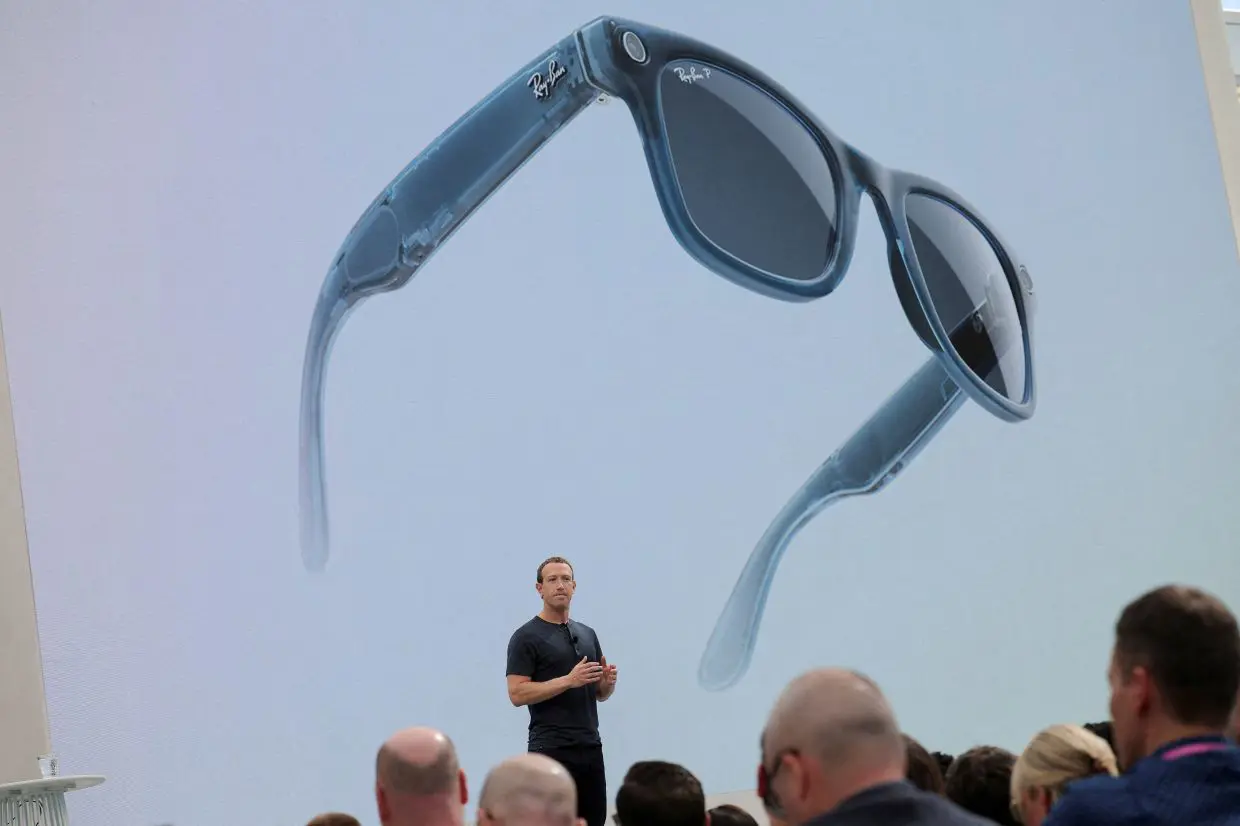
Meta and Snap are investing billions in augmented reality (AR) technology, aiming to revolutionize digital interaction despite being years away from consumer-ready products. Meta has unveiled its ambitious AR prototype, Orion, while Snap showcased its 5th-generation Spectacles at the Snap Partner Summit. Both companies are focusing on developing ecosystems that will eventually bring AR to the masses.
Meta CEO Mark Zuckerberg introduced Orion, emphasizing its role as a developer device for employees.
“We’re going to use it mostly internally to build out the software we need to,” – Mark Zuckerberg.
Snap’s approach mirrors this, with plans to rent AR glasses to developers for $99 a month, encouraging innovation and exploration within the AR space.
“We’ve really tried to lower the barrier to folks getting started with this new technology,” – Evan Spiegel.
The commitment from these tech giants highlights their long-term vision for AR. Microsoft, although no longer in the race after discontinuing its HoloLens due to lack of traction, has also been a significant player in AR development. Apple’s foray into virtual reality with its Vision Pro headset further underscores the industry’s potential. Meanwhile, Google’s early attempt with Google Glass faced challenges, leading to its cancellation.
The pursuit of augmented and mixed reality technologies is not limited to consumer devices. In Germany, aerospace startup Lilium sought state aid of 50 million euros from Bavaria to continue its operations. Unfortunately, lawmakers rejected the request, resulting in a 61% plunge in Lilium’s shares. The company now faces potential insolvency filings and delisting from the Nasdaq Global Select Market.
Amid these industry shifts, Snap and Meta’s investments reflect a strategic move to lower barriers to entry for developers eager to explore AR’s possibilities.
“This is a major leap forward for technology,” – Chris Cox.
Featured Image courtesy of Carlos Barria/REUTERS
Follow us for more tech news updates.
